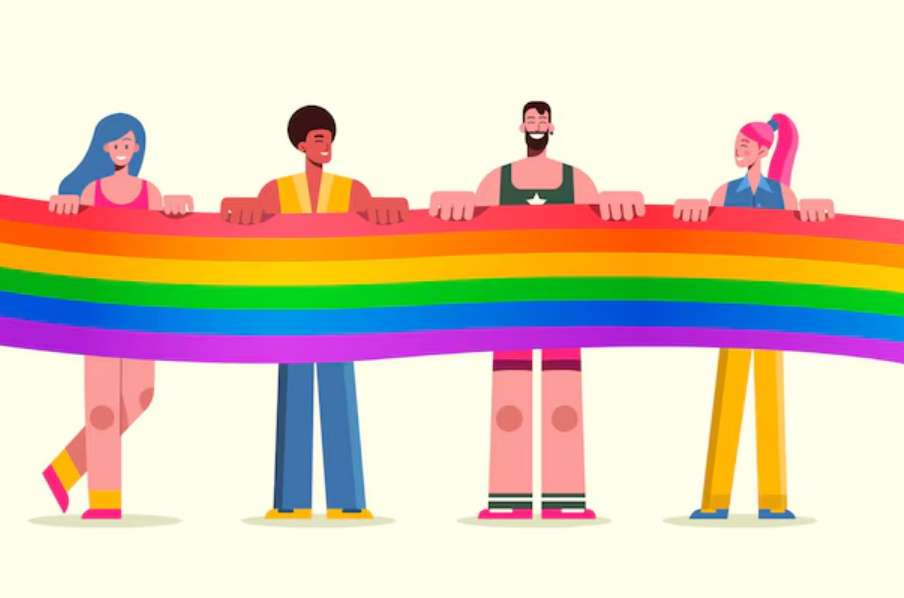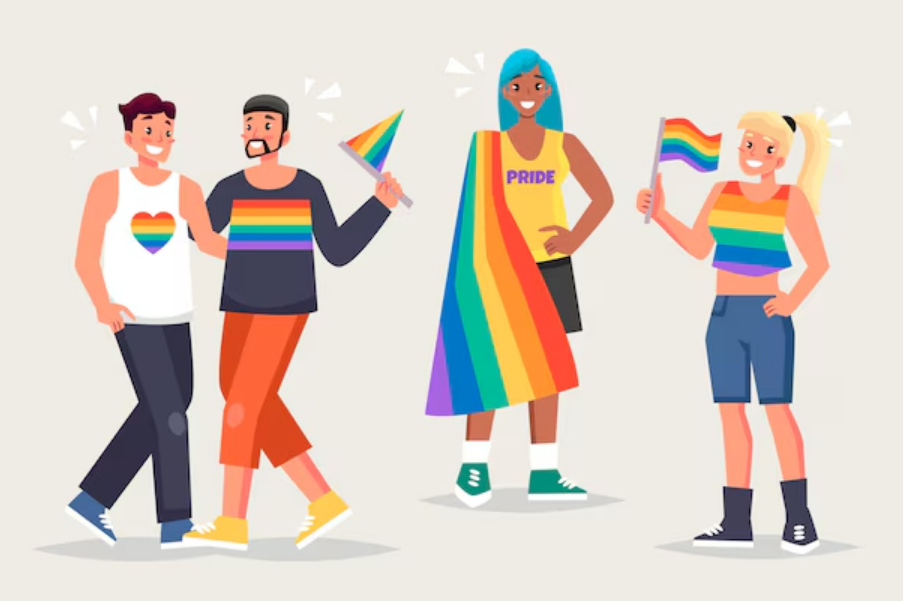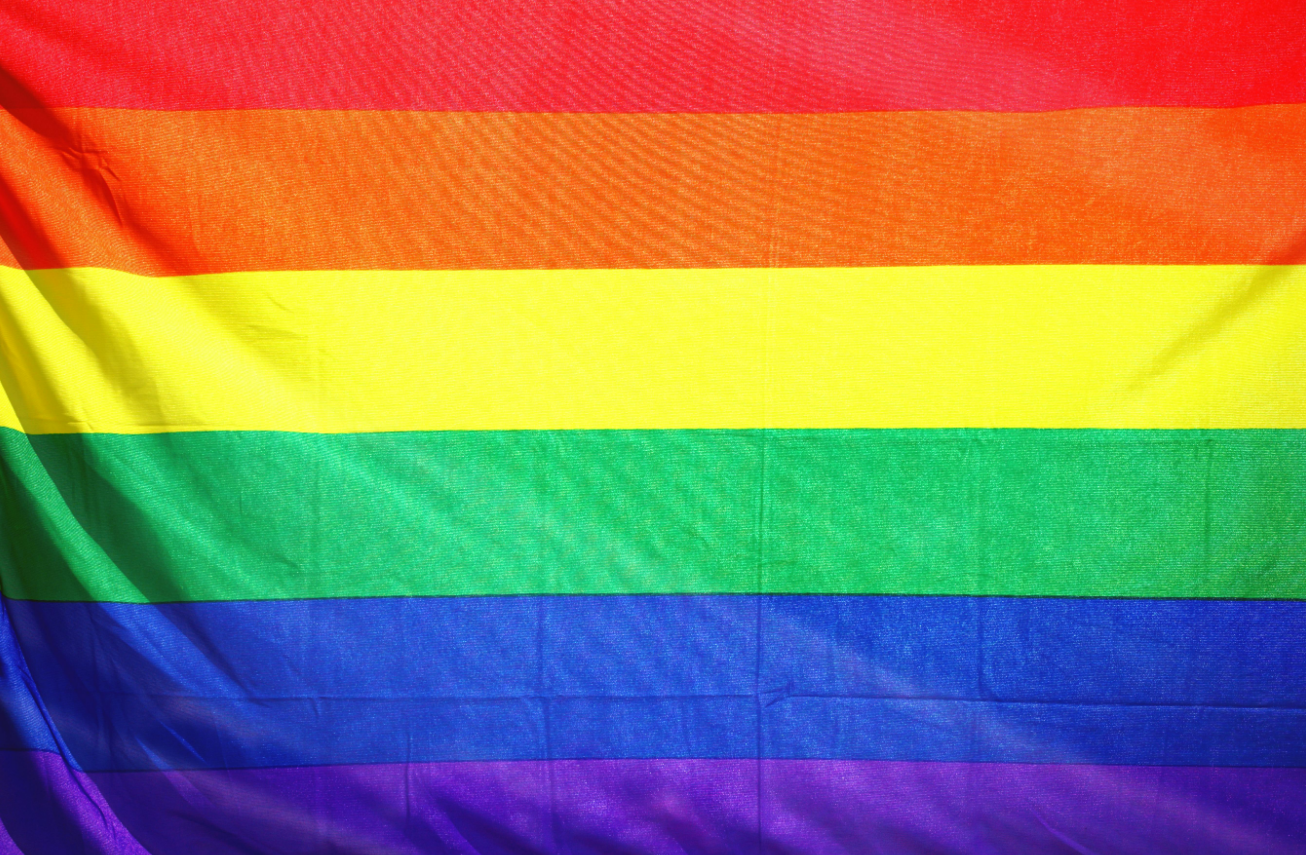Despite India's decriminalisation of homosexuality in 2018, LGBTQIA+ couples continue to face significant legal barriers that heterosexual couples take for granted. While the Supreme Court struck down Section 377, it stopped short of granting marriage equality, leaving millions of couples without basic legal protections.
The absence of legal recognition creates a complex web of challenges that affect every aspect of queer couples' lives. From proving their relationship status to accessing fundamental rights, LGBTQIA+ partners must navigate a system that refuses to acknowledge their unions.
Heterosexual couples can show a marriage certificate to establish their relationship status. However, LGBTQIA+ couples often have to rely on lease agreements, photos, or mutual affidavits to prove they're partners.

This isn't just humiliating. It also puts them at the mercy of bureaucratic interpretation, especially in emergencies or legal disputes. Your relationship shouldn't need 'proof.' Your love should be enough.
No Legal Right to Marry
The most fundamental barrier facing LGBTQIA+ couples in India is the inability to marry legally. Marriage in India serves as more than a ceremonial union; it provides access to crucial legal protections and benefits.
Legal marriage grants couples joint property rights, inheritance protections, health insurance coverage, and favourable tax treatment. These benefits create a safety net that strengthens relationships and provides financial security.
Same-sex couples remain excluded from these protections despite living together for years or decades. Without marriage recognition, couples have no legal claim to each other's assets in medical emergencies or property disputes.
The absence of marriage equality means LGBTQIA+ couples must create alternative legal arrangements, often at significant cost and complexity, to achieve even basic protections that married couples receive automatically.

Adoption Still Not Allowed for Couples
Indian law permits only individuals, not couples, to adopt unless they are in a legally recognised heterosexual marriage. For LGBTQIA+ couples, this means they cannot adopt as a family.
Even if one person adopts a child, their partner has no legal connection to the child. This raises serious questions: Who has custody if the adoptive parent dies? What legal rights does the child have? As it stands, queer families exist, but the law refuses to acknowledge them.
Don't Miss:Pride Month 2025: Indian Queer Films You Shouldn't Miss
No Joint Bank Accounts or Property Rights
Marriage often simplifies financial decisions, from opening joint bank accounts to being co-applicants on loans. For queer couples in India, these options are mostly out of reach.
Even if they buy a home together, legal complications arise without co-ownership. If one partner passes away without a will, the surviving partner may lose all rights to the shared property. The financial system is structured around marriage, and queer couples remain locked out.

No Legal Say in Medical Emergencies
In a medical crisis, time matters, and so does legal status. In India, hospitals typically ask for proof of family before allowing access or decision-making authority.
Without legal recognition, LGBTQIA+ partners are often denied entry or barred from making urgent health decisions. In the most critical moments, love isn’t enough. Legal status is still what counts, and right now, LGBTQIA+ couples don’t have it.
Excluded from Pension, Insurance, and Employment Benefits
Government schemes and employee benefits, including pension, medical insurance, and dependent coverage, are usually reserved for legally married spouses. For queer couples, that door remains closed.
This gap becomes even more concerning when one partner is financially dependent or if long-term planning, like retirement or health care, is disrupted by a lack of legal recognition. Equality isn't seasonal. It should show up in law, not just Pride celebrations.

The challenges facing LGBTQIA+ couples in India require comprehensive legal reform addressing marriage equality, adoption rights, financial protections, healthcare access, and employment benefits. Until these fundamental rights are recognised, millions of couples will continue navigating a system that denies their relationships legal validity.
Don't Miss:5 Must-Visit Delhi Monuments Celebrating India’s Forgotten LGBTQ+ Past
Keep reading Herzindagi for more such stories.
Image Courtesy: Freepik

Take charge of your wellness journey—download the HerZindagi app for daily updates on fitness, beauty, and a healthy lifestyle!
Comments
All Comments (0)
Join the conversation